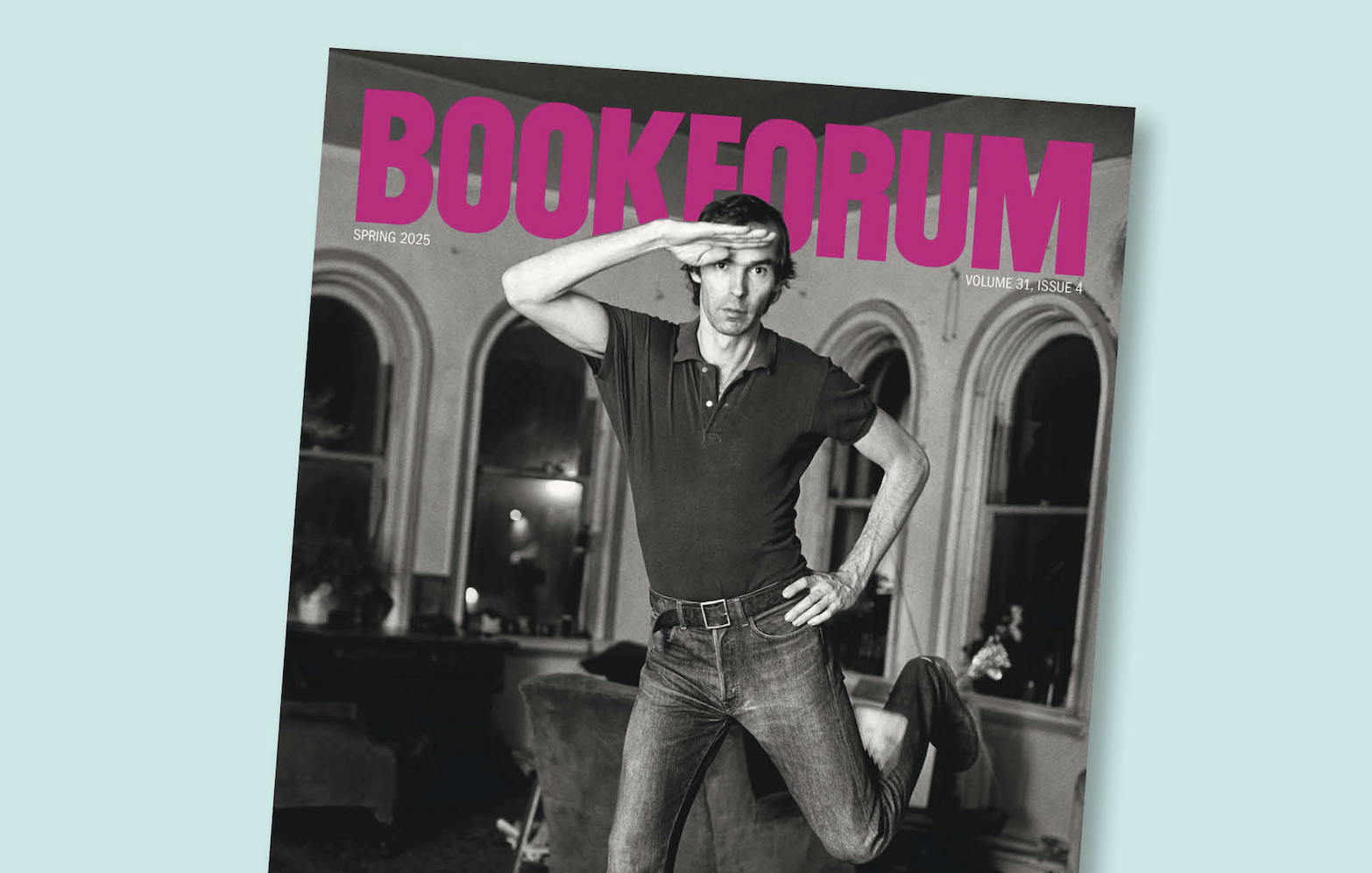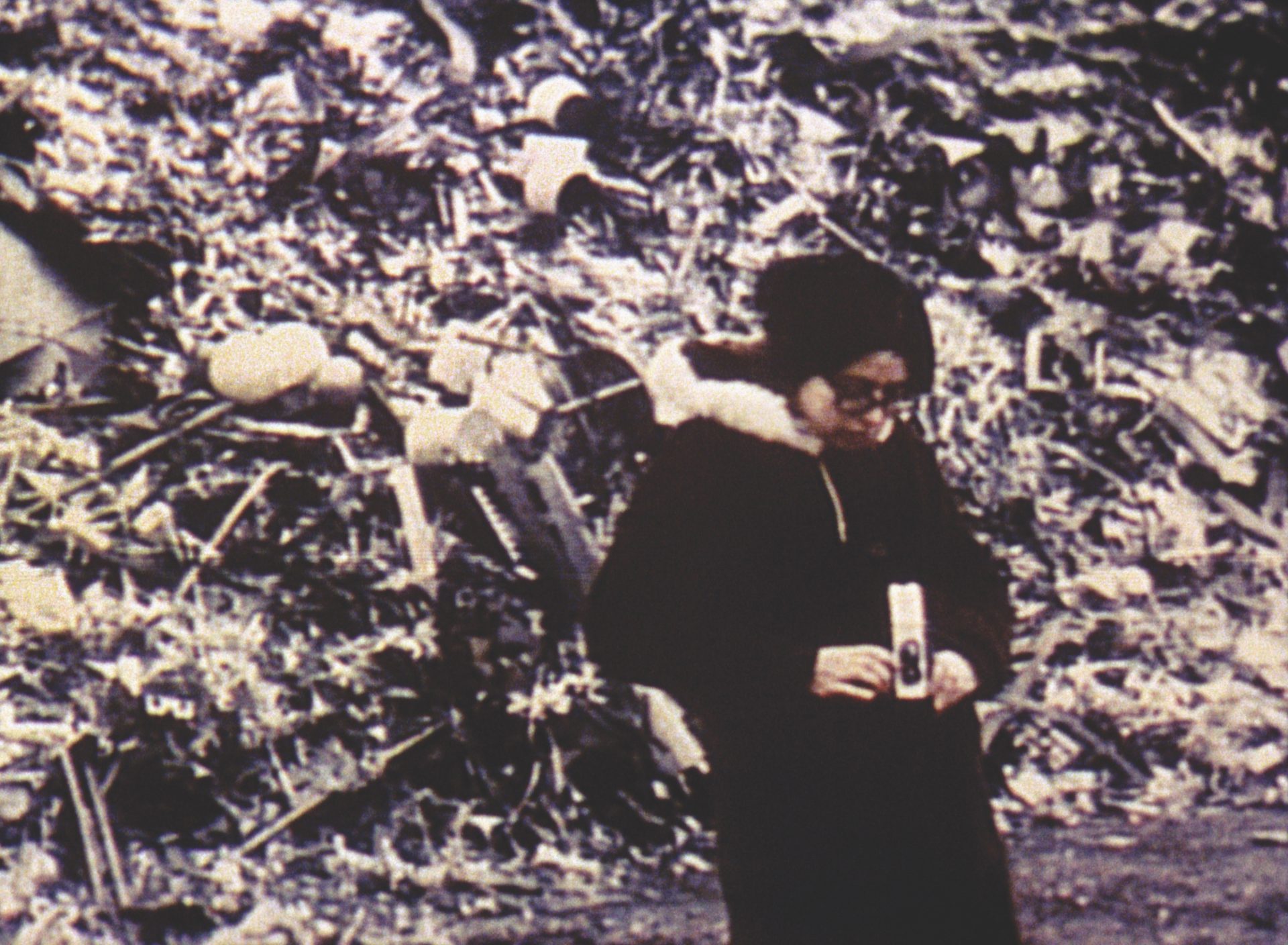
We live in a culture devoted to technology, and yet most of us cannot find the time to consider its history or its consequences. John Freeman has made the time, and he has thought carefully about how we have gotten here. The average office worker sends and receives some two hundred e-mails a day. Sixty-five percent of Americans spend more time with a computer than with a spouse. Our minds are frequently distracted by a buzz, beep, or blink of light from a handheld device. Our eyesight is getting poorer and our attention spans shorter. But in The Tyranny of E-mail, Freeman takes pains to point out that we didn’t always function like this and that the trend doesn’t have to continue. The book isn’t an antitechnology manifesto—not quite—but in a culture where the accelerating growth of computer power is more often described as a “force of nature” than as human invention, Freeman asks us to look critically at the way electronic mail is eroding the quality of our lives.
Enlightenment culture was forged partly through correspondence—the “Republic of Letters” of seventeenth- and eighteenth-century Europe. But many of today’s men of letters, those (including Freeman, Nicholas Carr, Sven Birkerts, and Lee Siegel) who claim to defend liberal culture from the digital hordes, seem less inspired by Voltaire’s voluble humanism than by the reactionary spirit of Rousseau’s counter-Enlightenment. Freeman knows his history, and he offers an engaging account of the evolution of correspondence: He takes us from the oldest love poem carved in cuneiform to the glory years of the postcard; he recounts the invention of the telegraph and the postal system and the origins of the computer.
The story of technology is typically a triumphalist one. But there have been defeats along the way, small tragedies and large compromises. Freeman worries that the biggest concession we’ve made may be in our personal lives. He cites a Stanford University study that found that the hours participants spent on the Internet came out of time they would have spent with family and friends. In the late eighteenth century, he explains, “if you emigrated to a new country and left relatives behind, they would in all likelihood be lost to you forever. At the close of day, eating by candlelight, going to sleep in the obsidian darkness beneath a sky punctured by a blizzard of stars and unmarred by the electric pulse of distant cities or the blinking of far-off satellites, you would be alone, save those around you. A knock at the door could spell danger or bad news. If it brought a letter from far away, it would probably feel like a small miracle.” The image is poetic, yet is this isolated, if peaceful, form of existence really better than the present one, in which we are able to communicate widely and easily and can quickly access a sea of information? Freeman compares the Internet to the interstate and shows how our addiction to e-mail is like a gambler’s to slot machines. (It’s hard to argue with these analogies while you click and reclick Send and Refresh and keep your smart phone within reach at all times.) Freeman posits that in the coming years, we will have to return “to a life where things go a little more slowly.” But is that true? If we don’t like living this way, why are we?
The last chapter of Freeman’s book offers ten suggestions for combating e-mail accounts, for wrangling the technology crowding our lives. His advice is practical and strategic: Send fewer e-mails, check e-mail only twice a day, spend time each day “media-free.” It is sane and sober counsel, commonsensical, but does it warrant a book-length argument? We are launched, all of us, on a headlong cultural tumble into the unknown. I’ll listen to Freeman’s advice later, when I have some time. For now I have a million things to say. Wait—someone’s texting me. Hold on. I’ve got to read this.






